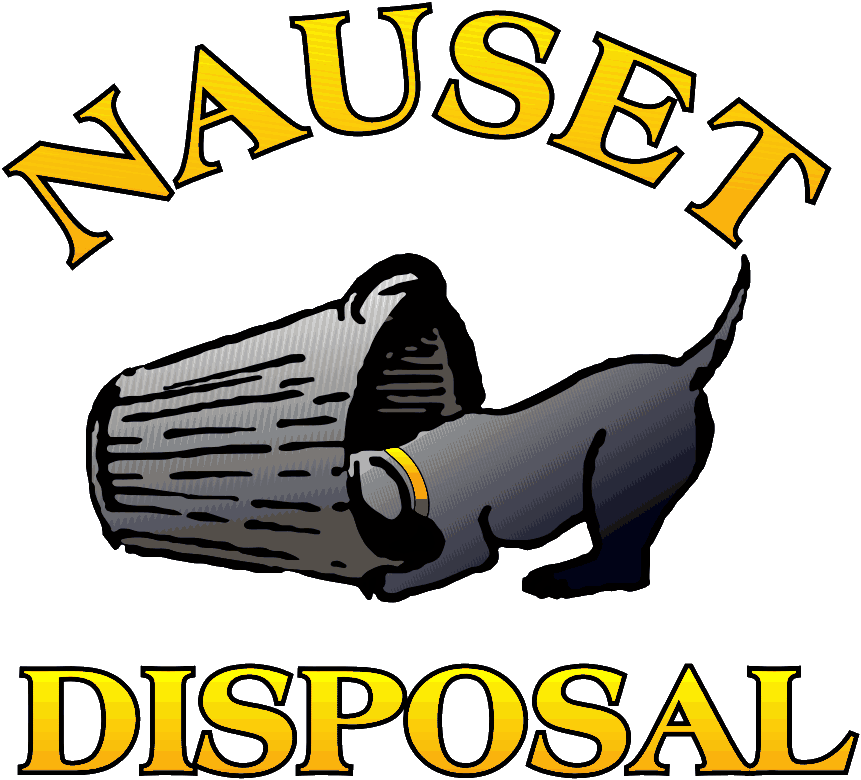Hazardous household products aren’t often disposed of in the proper and eco-friendly way. The United States produces an average of 1,700 pounds of food, plastic, and hazardous waste per person. Common hazardous household waste includes batteries, solvents, non-edible oils, pesticides, and chemicals. With so many of these products in use, it’s important to dispose of them safely to prevent them from harming the environment. Individuals will also benefit from less close contact with these products that may have adverse effects on health.
Get Rid Of Old Batteries The Right Way
A lot of people are guilty of simply throwing hazardous waste products into the garbage, especially batteries, instead of disposing of them properly. It’s actually illegal to throw batteries into the garbage in the US, but you can dispose of them properly by taking them to a recycling center. It is often more convenient to dispose of multiple batteries at once to save yourself trips, so try to collect all your old batteries and then dispose of them in bulk.
Keep Safety In Mind When Disposing Of Chemicals
Chemicals such as toilet and kitchen cleaning solutions are hazardous products that often get completely used up in the home, so people are often not sure of what to do in case there’s some that are left over. Check out the hazardous waste collection schedules for Cape Cod, and Plymouth Area here.
Once you’ve gotten rid of your old cleaning products, consider switching over to some eco-friendly ones that won’t cause harm to your plumbing or wellbeing. Kitchen and bathroom tiles can be scrubbed clean with a paste made from water and baking soda. You can also use lemon juice, white vinegar, and water to clean non-porous surfaces in your home. Buying eco-friendly or green household cleaning products is also a smart way to keep your home clean without making a negative impact on the environment. If you’re on the Cape, visit our friends at Green Road Refill or Pura Vita for some green refillable options.
Recycle Used Cooking Oil
Used cooking oil is not necessarily a product that many think of as hazardous, but it can also do damage to your drains and the environment if not properly disposed of. Cooking oil can be recycled with food waste, if you have local food waste collection, or it can be mixed with water, like chemicals, and then poured down the drain. Cooking oil can be deadly if you throw it away in your garden, but if your garden is overrun by weeds, you can pour the oil into a reusable spray bottle and spray the weeds until they are coated, which will get rid of them. Only spray cooking oil in your garden to dispose of it if you are using it as a weed killer. Some companies offer to recycle used cooking oils for you, though this is something you’ll have to research for your local area.
Be Mindful About How You Get Rid Of Other Products
Disposing of more dangerous products that pose a risk to yourself as well as the environment means that you might have to go farther away from your home to do. Asbestos products, for example, can be disposed of in a landfill, but the landfill you choose must have a permit that authorizes it to allow asbestos waste. Asbestos products have the potential to cause asbestosis or lung cancer, so choosing insulation options that are more eco-friendly will be beneficial for your health and the environment in the long run. Meanwhile, automotive products can be recycled by your garage, so you should always take them in and let the garage deal with those. For leftover paints, you might be able to donate them to crafts groups or schools, but if not, recycling might be possible at local retail stores.
Disposing of hazardous household waste should be everyone’s priority. Doing so can be as easy as making the switch to rechargeable batteries. Other changes might be more difficult, such as ensuring that automotive products are recycled properly by garages, but with enough support, they can be successfully implemented in society. We should all aim for a future in which all hazardous waste is disposed of in eco-friendly ways.
